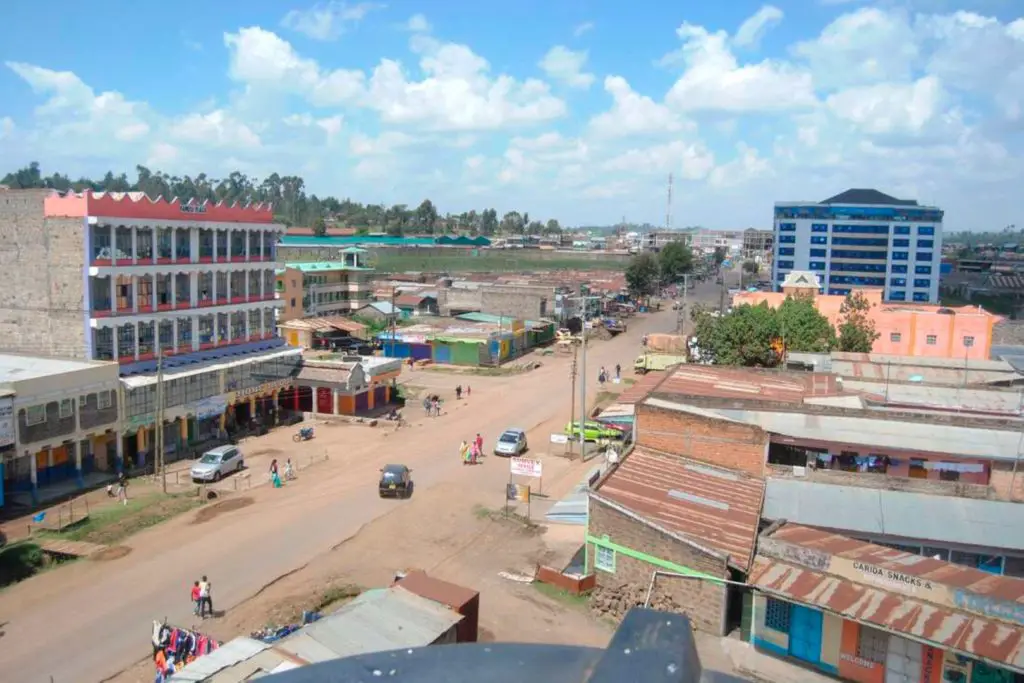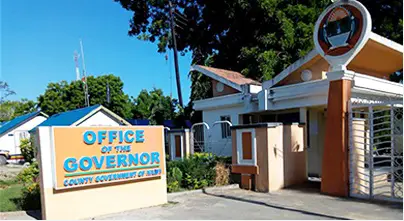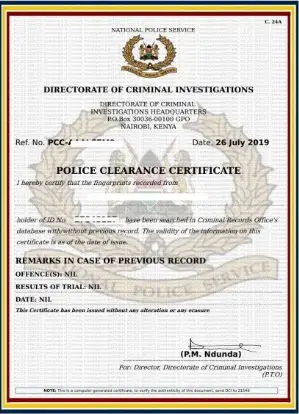Are you ready to explore the vibrant and charming Molo Town? Get ready to immerse yourself in the rich culture, vibrant history, and warm hospitality of this bustling town. From picturesque landscapes to bustling markets, Molo Town has something for everyone. So pack your bags, put on your adventurous spirit, and get ready to discover the hidden gem that is Molo Town!
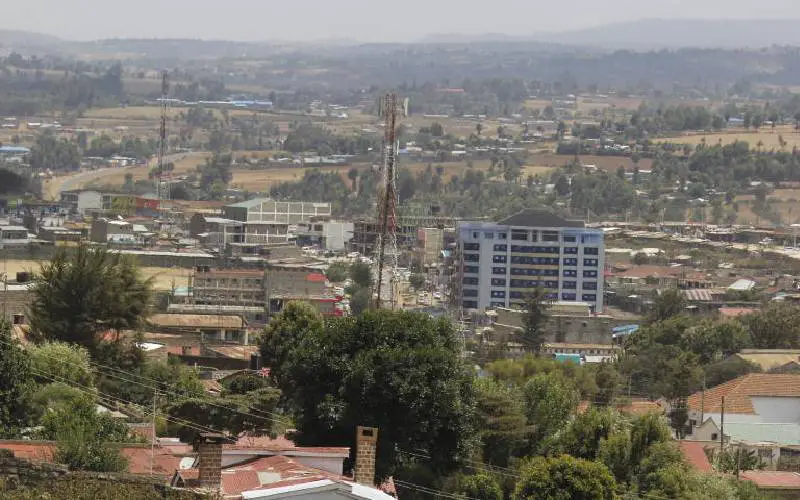
History of Molo Town
Early Settlement
Molo Town, located in the Nakuru County of Kenya, has a rich history dating back to ancient times. The area was originally inhabited by various indigenous tribes, including the Maasai, Kipsigis, and Kikuyu. These communities lived a nomadic lifestyle and relied heavily on agriculture and livestock farming for their sustenance.
Colonial Era
During the late 19th century, Molo Town witnessed the arrival of European settlers. They established large farms and introduced modern agricultural practices, primarily focusing on wheat farming. This influx of settlers led to significant changes in the region’s social, economic, and political landscape.
Post-Independence
After Kenya gained independence in 1963, Molo Town experienced continued growth and development. The local infrastructure improved, with the establishment of roads and healthcare facilities. The town also prospered economically, with the growth of industries and the emergence of new businesses. Today, Molo Town stands as a testament to the resilience and progress of the Kenyan people.
Geographical Location
Coordinates
Molo Town is situated at approximately 0.2426° S latitude and 35.7269° E longitude. Located in the Rift Valley Province, it is nestled amidst beautiful landscapes, surrounded by rolling hills and vast plains.
Topography
The topography of Molo Town is characterized by its undulating hills, which provide breathtaking panoramic views of the region. The town is located at an elevation of approximately 2,700 meters above sea level, contributing to its cool and pleasant climate.
Climate
Molo Town enjoys a temperate climate throughout the year, thanks to its high elevation. The average annual temperature ranges from 15°C to 25°C, making it an ideal destination for those seeking a break from the tropical heat. The region experiences two rainy seasons, with the long rainy season occurring between March and May and the short rainy season between October and November.
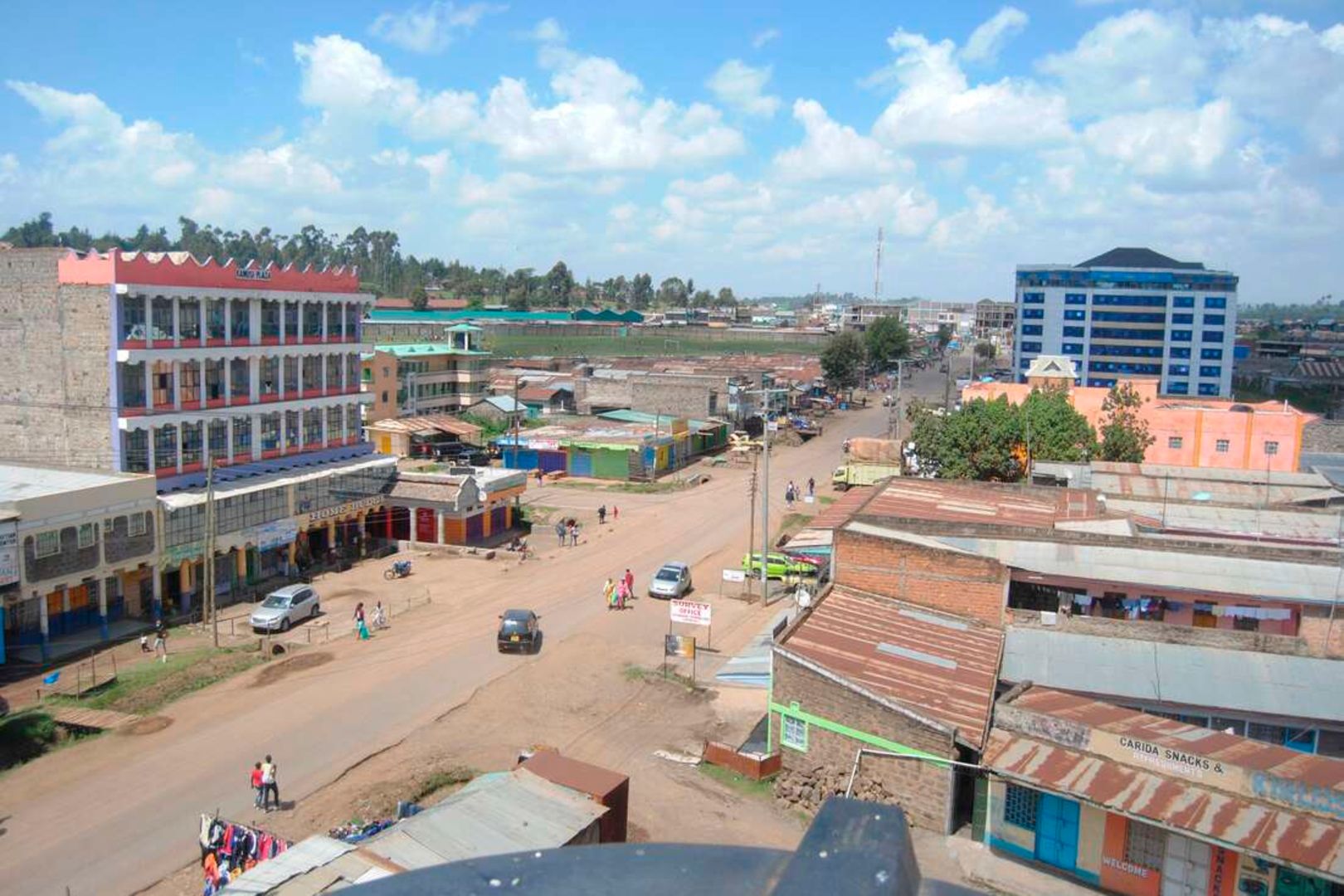
Demographics
Population
The population of Molo Town is estimated to be around 70,000 people. Over the years, the town has seen a steady increase in population as people from different parts of the country migrate in search of better opportunities and a higher standard of living.
Ethnic Diversity
Molo Town is a melting pot of various ethnic groups, reflecting the diverse nature of the Kenyan population. The major ethnic communities residing in the town include the Kikuyu, Kalenjin, Maasai, and Luo. This ethnic diversity has contributed to the cultural richness and vibrant atmosphere of the town.
Languages
The primary languages spoken in Molo Town are English and Swahili, which serve as the official languages of Kenya. However, the local population also speaks their respective ethnic languages, such as Kikuyu, Kalenjin, and Maasai. This linguistic diversity adds to the cultural tapestry of the town and creates a sense of unity among its residents.
Economy
Main Industries
Molo Town’s economy is primarily driven by agriculture, with wheat farming being a prominent industry. The fertile plains and favorable climate provide an ideal environment for cultivating wheat, making Molo Town one of the leading wheat-producing regions in Kenya. Aside from agriculture, the town also has a growing manufacturing sector, with industries involved in food processing, textiles, and construction.
Agriculture
Apart from wheat farming, Molo Town is engaged in the production of various other crops, such as maize, potatoes, vegetables, and fruits. The agricultural sector plays a significant role in the town’s economy, providing employment opportunities and contributing to the overall food security of the region.
Commerce and Trade
Molo Town has a bustling commercial sector, with numerous shops, markets, and small businesses. These establishments cater to the daily needs of the local population, offering a wide range of goods and services. Additionally, Molo Town serves as a trading hub for agricultural products, attracting buyers and sellers from different parts of the country.
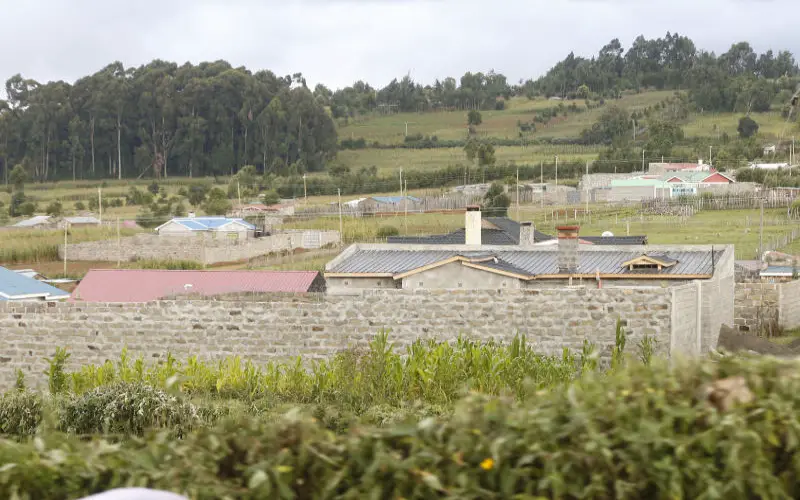
Tourist Attractions
Molo National Park
Molo National Park is a must-visit destination for nature enthusiasts and wildlife lovers. Spanning over 45,000 hectares, the park is home to a diverse ecosystem, housing a variety of wildlife species, including elephants, buffalos, giraffes, zebras, and numerous bird species. Visitors can engage in game drives, guided nature walks, and camping, immersing themselves in the beauty of Kenya’s natural heritage.
Lake Bogoria
Located a short distance from Molo Town, Lake Bogoria is a magnificent alkaline lake known for its hot springs and flamingo population. The lake boasts stunning views and attracts visitors with its unique geothermal activity. Visitors can witness the spectacle of flocks of flamingos congregating along the lake’s shores, creating a mesmerizing sight that is sure to leave a lasting impression.
Menengai Crater
The Menengai Crater is an iconic geological formation situated near Molo Town. It is one of the largest volcanic craters in the world, offering breathtaking panoramic views of the surrounding landscapes. Visitors can explore the crater and its hiking trails, immersing themselves in the region’s geological wonders and enjoying the tranquility of nature.
Education
Schools and Colleges
Molo Town is home to several schools and colleges, providing quality education to its residents. These educational institutions offer a wide range of academic programs, ranging from primary and secondary education to vocational training and tertiary education. The town’s commitment to education ensures that its residents have access to the necessary knowledge and skills to thrive in various fields.
Education Quality
The educational institutions in Molo Town strive to maintain high standards of education, employing qualified teachers and providing conducive learning environments. The focus is not only on academic excellence but also on nurturing students’ talents and character development. This commitment to quality education has resulted in Molo Town producing individuals who excel in various disciplines, contributing to the overall progress of the town and the country.
Literacy Rates
Molo Town has made significant strides in improving literacy rates among its population. The town’s emphasis on education has led to increased literacy levels, empowering individuals to actively participate in the socio-economic development of the region. The rising literacy rates are a testament to the town’s commitment to creating a knowledgeable and empowered community.
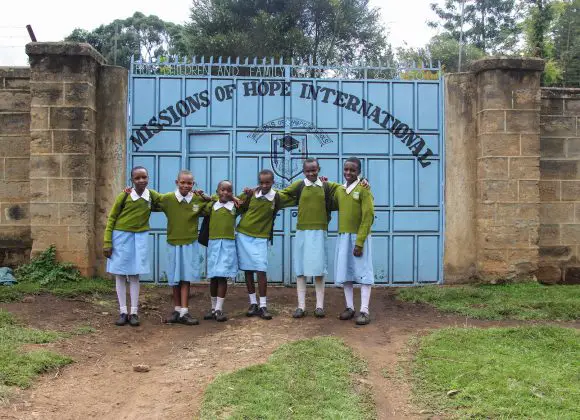
Infrastructure
Road Network
Molo Town benefits from a well-developed road network, connecting it to major cities and towns in Kenya. The roads are well-paved and maintained, facilitating smooth transportation and enabling the efficient movement of goods and people. Additionally, the town’s strategic location on major transport routes further enhances its accessibility.
Public Transport
Molo Town has a reliable public transport system, with buses and matatus (minibusses) plying various routes within the town and to neighboring regions. These affordable and convenient modes of transport ensure that residents can travel easily and access essential services. Furthermore, the town serves as a transit point for travelers heading to other parts of the country, making it a vital transportation hub.
Healthcare Facilities
Molo Town boasts a range of healthcare facilities, including hospitals, clinics, and dispensaries. These institutions provide accessible and quality healthcare services to the town’s residents, ensuring their well-being and addressing their medical needs. The presence of well-equipped healthcare facilities contributes to the overall quality of life in the town and promotes a healthy community.
Culture and Festivals
Traditional Practices
Molo Town is proud of its cultural heritage and traditions. The town’s residents embrace their ethnic customs and practices, which play a crucial role in shaping the local culture. Traditional ceremonies, rites of passage, and community gatherings are regularly organized, allowing residents to connect with their roots and celebrate their heritage.
Religious Events
Religion holds a significant place in the lives of Molo Town’s residents. The town is home to various religious communities, including Christianity and Islam. Religious events, such as church services, prayers, and festivals, provide an opportunity for individuals to express their faith and gather as a community.
Annual Festivals
Molo Town organizes several annual festivals that showcase its cultural vibrancy and attract visitors from near and far. These festivals feature traditional music, dance, and arts and crafts. They provide a platform for local artists to showcase their talents and celebrate the unique cultural diversity of the town.
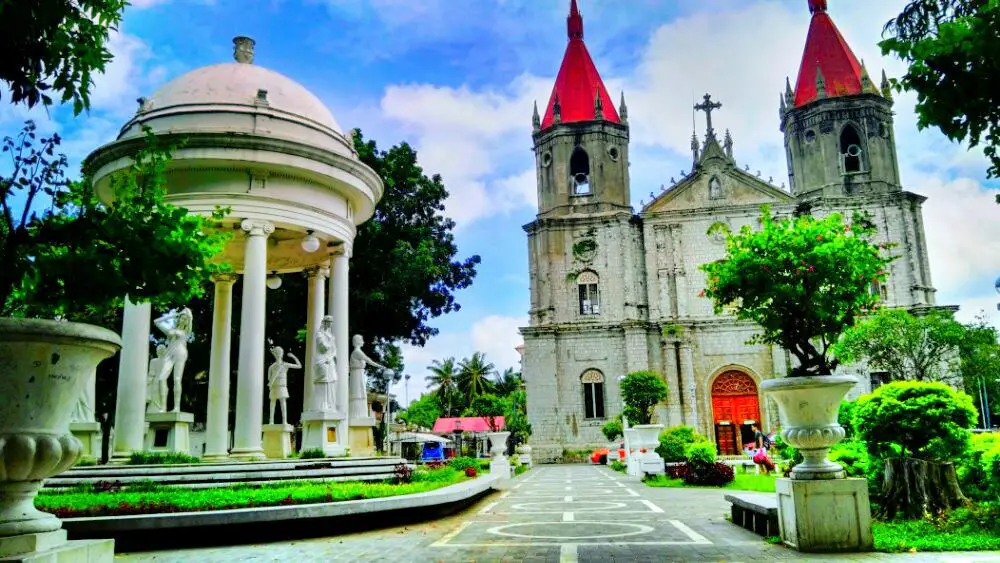
Local Cuisine
Traditional Dishes
Molo Town offers a delectable range of traditional dishes that tantalize the taste buds. Some popular local dishes include nyama choma (grilled meat), ugali (maize meal), sukuma wiki (collard greens), and chapati. These dishes highlight the rich flavors and culinary traditions of the region, making them a must-try for visitors craving an authentic Kenyan culinary experience.
Food Markets
Molo Town has vibrant food markets where residents and visitors can find a wide variety of fresh produce, spices, and local delicacies. These markets provide a glimpse into the local food culture and allow people to immerse themselves in the sights, sounds, and aromas of Molo Town’s culinary offerings.
Restaurants and Hotels
Molo Town also boasts a diverse culinary scene, with numerous restaurants and hotels offering a range of international and local cuisines. Visitors can indulge in mouthwatering dishes prepared by skilled chefs, while enjoying warm hospitality and a cozy ambiance. The town’s restaurants and hotels cater to different tastes and budgets, ensuring that everyone can find the perfect dining experience.
Sports and Recreation
Football
Football is a popular sport in Molo Town, with several local teams participating in leagues and tournaments. The town has well-maintained football fields and facilities where residents can engage in friendly matches and organized competitions. Football unites the community and fosters a spirit of camaraderie and healthy competition among its players.
Running Clubs
Molo Town is renowned for its athletic prowess, particularly in long-distance running. The town has produced several world-class long-distance runners who have represented Kenya in international competitions. Running clubs offer training opportunities for aspiring athletes and promote a culture of fitness and healthy living among the town’s residents.
Outdoor Activities
The natural beauty of Molo Town provides ample opportunities for outdoor enthusiasts. Hiking, camping, and nature walks are popular activities, allowing individuals to explore the picturesque landscapes and interact with the diverse flora and fauna. The town’s proximity to National Parks and nature reserves makes it an ideal base for nature lovers and adventurers.
In conclusion, Molo Town in Kenya is a place of historical significance, natural beauty, diverse culture, and thriving economy. Its rich heritage, coupled with its scenic landscapes and welcoming community, make it a compelling destination for locals and tourists alike. Whether it’s exploring the national parks, indulging in local cuisine, or immersing oneself in the town’s vibrant culture, Molo Town offers a truly memorable experience for everyone.

